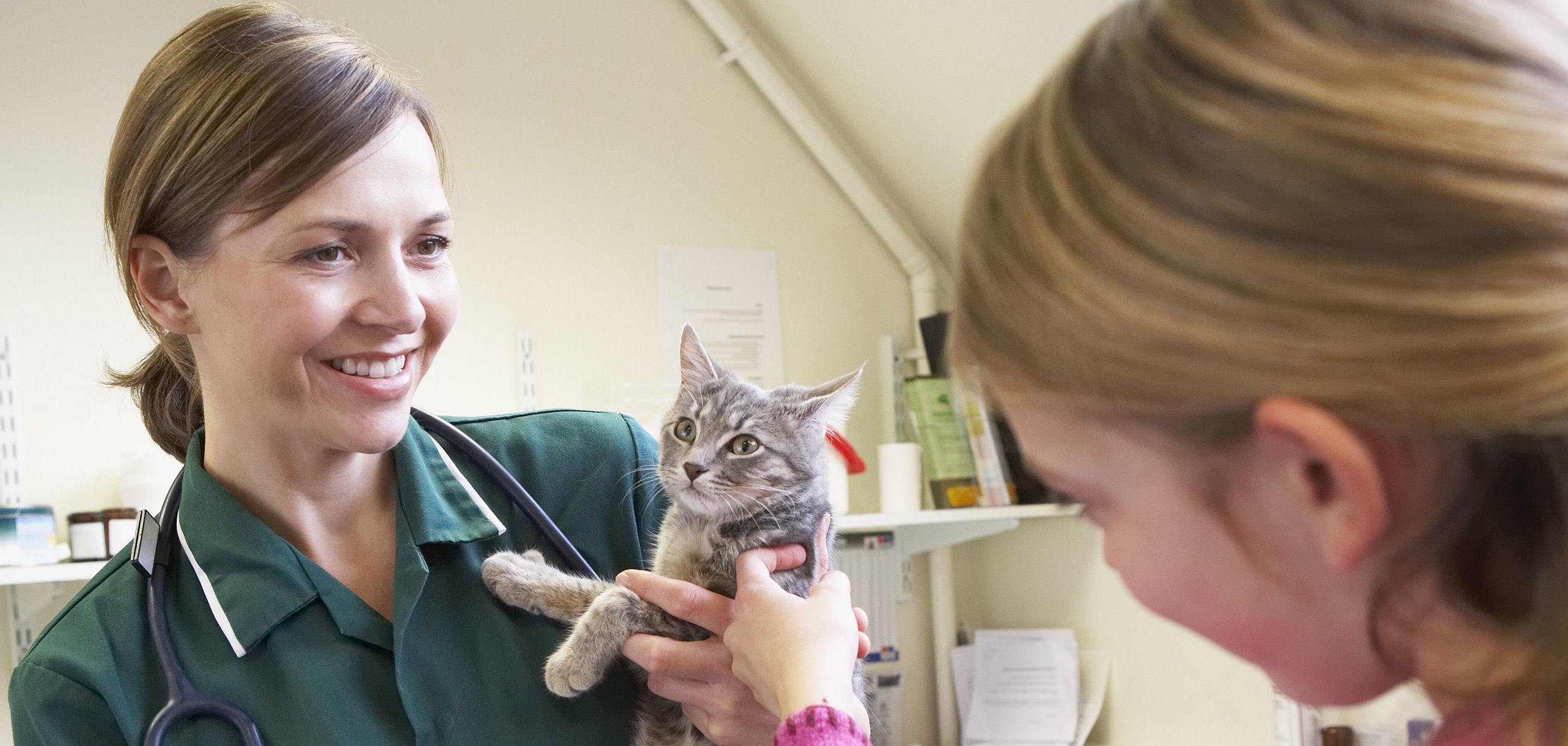Topic outline
-
EBVM Learning

Course summary
This course introduces the concepts of Evidence-based Veterinary Medicine (EBVM), and aims to give you a foundation from which you can start to apply EBVM to your own veterinary work.
After a general introduction to the principles of EBVM, each section explains one of the five main principles of the methodology. These sections include detailed examples, opportunities for you to reflect on what you’ve learned, and quizzes for you to check your understanding. Each section will take approximately an hour to complete in full.
-
Book
-
Book
-
Book
-
Book
-
Book
-
Book
-
Book
-
